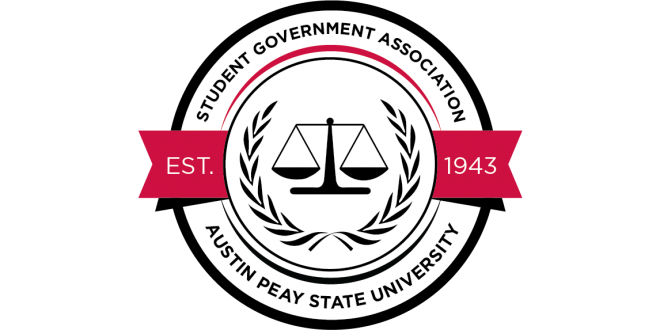APSU has a rich legacy of training educators, but students in the education program today are facing more challenges than ever as they adjust to the COVID-19 pandemic and the way it is changing education.
Those who are pursuing careers as educators themselves are currently experiencing some of the difficulties that their future students may face if education continues virtually, as they are adapt to the curriculum and field learning program during these challenging times.
Makenna Jordan is a junior who is majoring in Education, with a minor in Mathematics. She hopes to one day teach math in middle or high school.
Jordan was unable to finish her field learning in March through May of 2020.
“Instead of being in an actual classroom, we had to watch videos of teachers teaching their students,” Jordan said. “It is difficult not being able to get advice from my mentor teacher.”
Britany Deloach is also a junior majoring in Education, with a minor in Professional Education. She loves science and is eager to teach.
Like Jordan, Deloach has also had to adjust her observation of teaching in the classroom environment.
“Usually, we would observe classrooms in person, but we are now watching videos of teachers lecturing in a class,” Deloach said. “The field learning/curriculum has adapted by using online platforms.”
Bailey McLearen is an APSU junior with a major in K-5 Education and a minor in Professional Education. She is one of the inaugural participants in the Early Learning Teacher Residency program, where she is currently doing her residency at Norman Smith Elementary School.
These students who are to be future educators, are being prepared differently than the students before them, due to COVID-19 protocols. The adjustments for preparing to teach can also be tricky in these trying times, but students are adapting in their own ways.
“I currently am helping tutor a student online through zoom for algebra. It is different than tutoring in person and more difficult,” Jordan said.
“I’m being prepared by learning theories and reliable sourcing for my future students. I’ve also learned different technology uses in case something were to happen (pandemic) so it would be easier to adapt my material from in-person to virtual,” Deloach said.
With McLearen’s residency she feels that she’s being aptly prepared to educate students after she graduates. She works alongside a Multi-Classroom Leader (MCL) and observes what they do. This allows her to get a chance to practice teaching under their supervision. She is able to get that hands on experience through this residency program.
People follow career paths based on their ambitions and what drives them. Educators are no different. Often times there are specific reasons why someone was called to teach.
Jordan has always had that desire.
“I’ve always wanted to be a teacher to help make a difference in students’ lives.” Jordan said. “I want to be that one teacher my students will never forget how much I cared for them inside and outside of the classroom.”
Deloach had a different, yet equally compelling reason for becoming a teacher.
“I decided to become a teacher, because growing up I had no guidance and didn’t believe someone in my situation could go to college.” Deloach said. “I had a teacher sit me down, and she told me she believed in me and that I was capable.”
McLearen wants to help students grow and make a positive impact on their lives. She wants to help them socially and emotionally grow, not just academically.
Despite the challenges these future teachers are still driven to teach the future generations.
“If I could help someone else believe in their self and break the barriers that they grew up in, that’s what I want to do,” Deloach said.
“This is a hard time to be going through in general, but never give up on what you want to be,” Jordan said.


